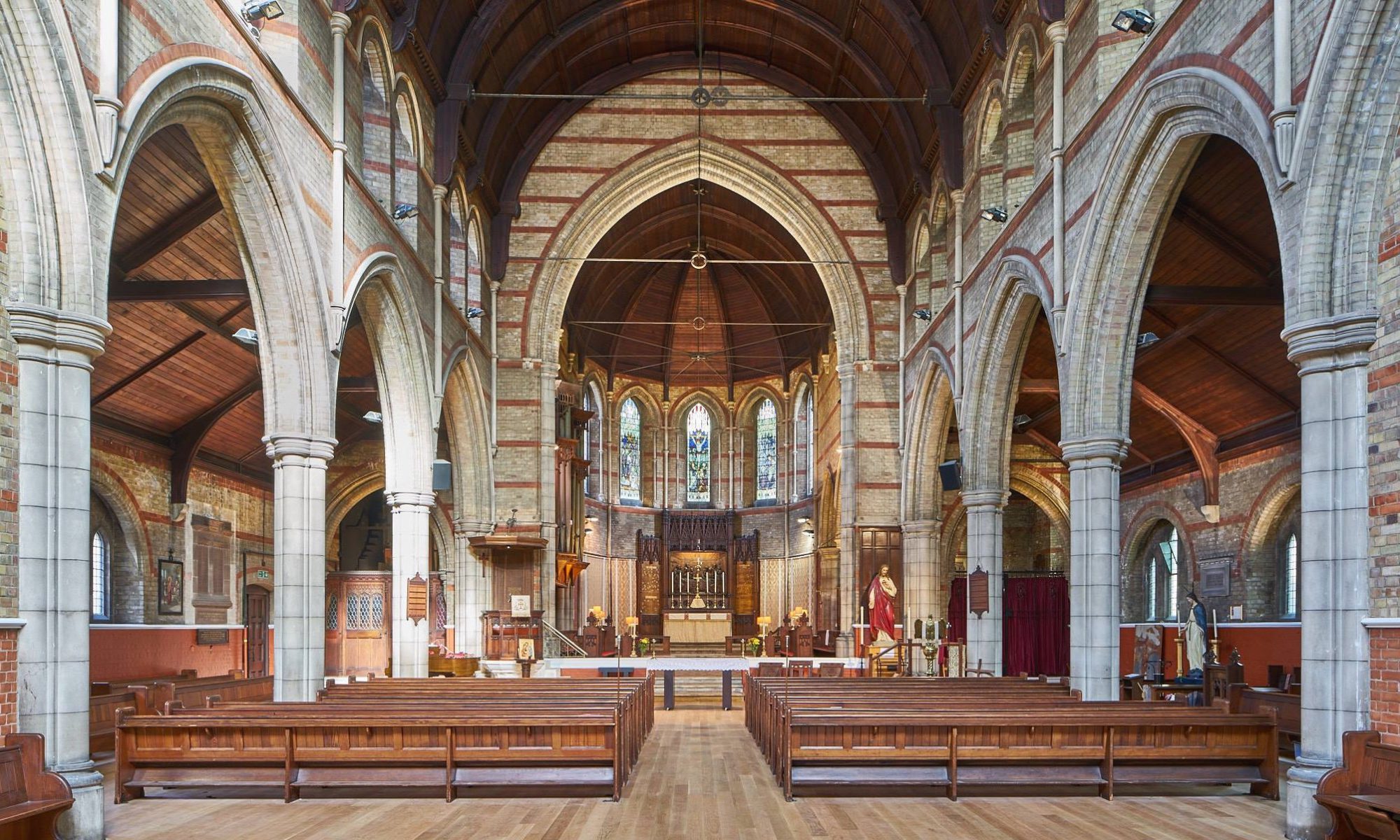The Sacraments
Baptism
The Sacrament of Baptism is the first step in a lifelong journey and pilgrimage of growth and discipleship continuing on to all eternity with God. Whether we are baptized as infants or adults, Baptism is the Church’s way of celebrating and experiencing the embrace of God – who calls us by name and loves us as we are.
Eucharist
The Eucharist literally means ‘thanks-giving’. It is also known as the Mass, Holy Communion or the Lord’s Supper. The celebration is not simply a re-enactment of the Last Supper, but in a special way a making present of God in all his saving acts focused in the death and resurrection of Jesus. As we receive Christ’s Body and Blood, we also are nourished spiritually and brought closer to God. The word ‘Mass’ is derived from the Latin words in the dismissal at the very end of the service – ‘Ite Missa est’ – the Mass is ended, go in peace. It is through the doors of the Church that Eucharistic people are sent out in the world to live Eucharistic lives of thanksgiving, love and service in the world.
Reconciliation
The Sacrament of Reconciliation (also known as Confession, or Penance and Reconciliation) has three elements: conversion, confession and celebration. In it we find God’s unconditional forgiveness; as a result we are called to forgive. It sometimes surprises people to know that this is a Sacrament freely available in the Church of England: all may – some should – none must..!
Confirmation
Confirmation is a Sacrament of mature Christian commitment and a deepening of baptismal gifts. It is both a stirring up and a sealing of the gift of the Holy Spirit and is bestowed by the Bishop.
Marriage
The Sacrament of Marriage, or Holy Matrimony, is a public sign that one gives oneself totally to the other person. In marriage the husband and wife themselves are the ministers of the Sacrament. The presence of the Church is both to witness and to bestow God’s blessing
Ordination
The Sacrament of Holy Orders, or Ordination, is the three-fold ministry of deacons, priests and bishops which have been in the Church since earliest times and were continued in the Church of England after the Reformation. In Ordination men and women are set apart by God, through the Holy Spirit to serve the people of God, by preaching the word, celebrating the sacraments and by showing the love of God in pastoral care.
Anointing
The Sacrament of Anointing of the Sick, was only formerly known as the Last Rites or Extreme Unction, but is now used much more widely to impart God’s blessing, his presence and his healing power. People are anointed with the holy oils blessed by the Bishop in the Cathedral on Maundy Thursday and given to the clergy to use with their people when they are sick, about to undergo an operation and at other major points in their lives.

